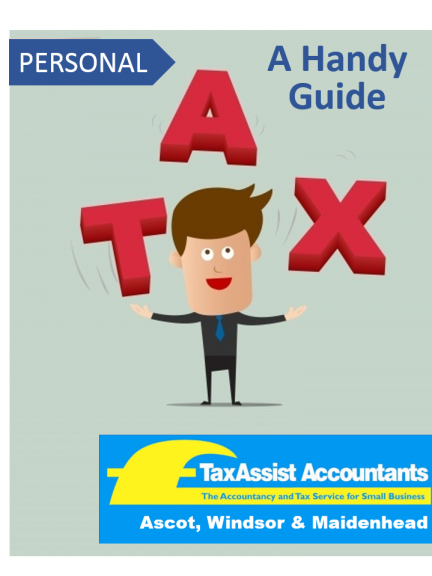
Under the self assessment regime an individual is responsible for ensuring that their tax liability is calculated and any tax owing is paid on time.
The UK income tax system requires the payer of key sources of income to deduct tax at source which removes the need for many tax payers to submit a tax return or make additional payments. This applies in particular to employment and savings income.
However this is not possible for the self employed or if someone with investment income is a higher rate taxpayer. As a result we have a payment regime in which the payments will usually be made in instalments.
The instalments consist of two payments on account of equal amounts:
These are set by reference to the previous year's net income tax liability (and Class 4 NIC if any).
A final payment (or repayment) is due on 31 January following the tax year.
In calculating the level of instalments any tax attributable to capital gains is ignored. All capital gains tax is paid as part of the final payment due on 31 January following the end of the tax year.
A statement of account similar to a credit card statement is sent to the taxpayer periodically which summarises the payments required and the payments made.
Sally's income tax liability for 2014/15 (after tax deducted at source) is £8,000. Her liability for the following year is £10,500. Payments for 2015/16 will be £10,500:
There will also be a payment on 31 January 2017 of £5,250, the first instalment of the 2016/17 tax year (50% of the 2015/16 liability).
Using the late payment penalties HMRC may charge the following penalties if tax is paid late:
These penalties are additional to the interest that is charged on all outstanding amounts, including unpaid penalties, until payment is received.
In certain circumstances the two payments on account will be set at nil. This applies if either:
If it is anticipated that the current year's tax liability will be lower than the previous year's, a claim can be made to reduce the payments on account.
For information of users: This material is published for the information of clients. It provides only an overview of the regulations in force at the date of publication, and no action should be taken without consulting the detailed legislation or seeking professional advice. Therefore no responsibility for loss occasioned by any person acting or refraining from action as a result of the material can be accepted by the authors or the firm.
Richard is a qualified CIMA accountant with around twenty years’ experience and runs his own accountancy practice in Windsor & Maidenhead. Richard joined The Children’s Heart Federation (CHF) in 2000 where...
The following Cookies are used on this Site. Users who allow all the Cookies will enjoy the best experience and all functionality on the Site will be available to you.
You can choose to disable any of the Cookies by un-ticking the box below but if you do so your experience with the Site is likely to be diminished.
In order to interact with this site.
To help us to measure how users interact with content and pages on the Site so we can make
things better.
To show content from Google Maps.
To show content from YouTube.
To show content from Vimeo.
To share content across multiple platforms.
To view and book events.
To show user avatars and twitter feeds.
To show content from TourMkr.
To interact with Facebook.
To show content from WalkInto.